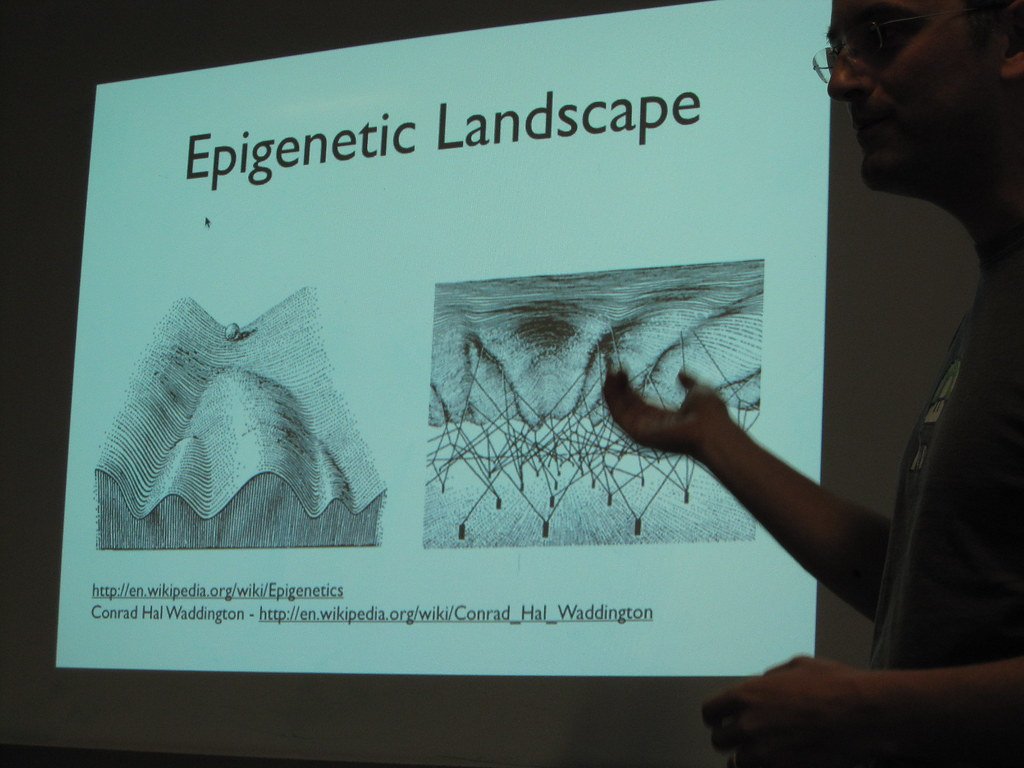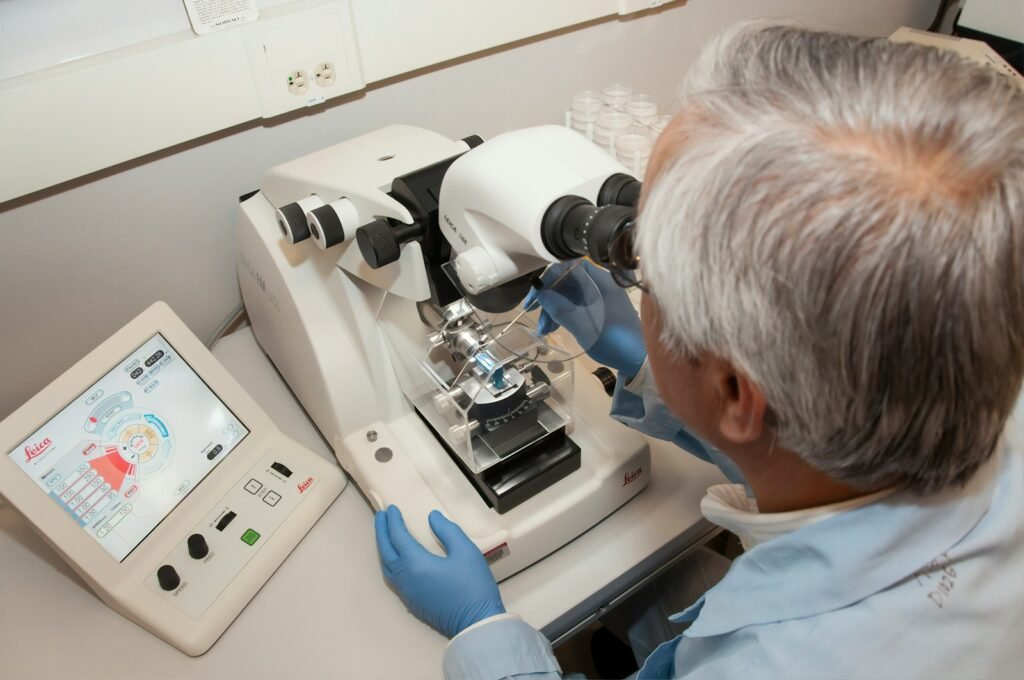Genetic research has dramatically transformed our understanding of life and its myriad complexities. From early discoveries to groundbreaking innovations, the field has continually shaped our approach to medicine, agriculture, and even ethics. This article explores eight pivotal moments in the history of genetic research, shedding light on their significance and the future they pave for humanity.
1. Gregor Mendel’s Experiments in Heredity

The journey of modern genetics began in the mid-19th century with Gregor Mendel, an Augustinian monk whose meticulous experiments with pea plants laid the foundation for our understanding of heredity. By observing how traits were passed down through generations, Mendel identified patterns of inheritance, including dominant and recessive traits. This groundbreaking work remained largely unrecognized during his lifetime but later formed the bedrock of classical genetics. Mendel’s insights have now evolved into the complex study of genetic variation and inheritance patterns that we rely on today.
2. The Discovery of DNA’s Structure

One of the most transformative moments in genetic research occurred in 1953 when James Watson and Francis Crick unveiled the double helix structure of DNA. This discovery illuminated the mechanism by which genetic information is stored and replicated within living organisms. Understanding DNA’s structure marked the beginning of molecular biology and has enabled a myriad of innovations, from genetic engineering to forensic science. The visualization of DNA crystallized the idea that genetic material was universal, opening the doors to manipulating and studying life at its most fundamental level.
3. The Genetic Code Cracked

In the 1960s, scientists succeeded in deciphering the genetic code, revealing how sequences of nucleotides in DNA translate into proteins, the building blocks of life. This achievement unlocked the ability to read the genetic instructions of organisms, leading to advances in biotechnology and medicine, including the development of recombinant DNA technology. The capability to understand and manipulate the genetic code continues to drive research into gene therapy, where it holds promise for treating genetic disorders by correcting defective genes.
4. The Advent of Recombinant DNA Technology

The creation of recombinant DNA in the early 1970s marked a new era in genetic research. By splicing DNA from different sources, scientists like Paul Berg and Herbert Boyer paved the way for genetic engineering. This technology has revolutionized medicine, agriculture, and industry—enabling the production of insulin for diabetes, genetically modified crops that resist pests, and the development of synthetic biology. The implications of recombinant DNA technology extend far beyond its initial applications, fostering debate about ethical considerations and biosafety.
5. The Human Genome Project

Launched in 1990 and completed in 2003, the Human Genome Project was an ambitious international effort to map the entire human genome. This monumental endeavor provided comprehensive insights into the genetic blueprint of humans and identified approximately 20,000-25,000 human genes. The project has had profound implications for personalized medicine, as understanding genetic differences allows for tailored healthcare approaches and improved disease risk assessments. The Human Genome Project also accelerated the development of new diagnostic tools and treatments, marking a new era of precision medicine.
6. CRISPR-Cas9: A Revolutionary Gene-Editing Tool

In recent years, the discovery and development of CRISPR-Cas9 as a genome editing tool have transformed genetic research and biotechnology. This technology allows for precise, targeted changes to the DNA of living organisms. Its applications are vast, ranging from agriculture, where it can create disease-resistant crops, to medicine, where it promises to cure genetic diseases by repairing faulty genes. CRISPR has sparked discussions on ethical implications and potential unintended consequences, including the prospect of human genetic enhancement and ecological impacts.
7. The Rise of Epigenetics

While traditional genetics has focused on the sequence of DNA, epigenetics explores how external factors can influence gene expression without altering the genetic code itself. This relatively new field has revealed that lifestyle, environment, and even experiences can affect the way genes are turned on or off. Epigenetic research has profound implications for understanding complex diseases, such as cancer, and for advancing regenerative medicine. Additionally, it offers insights into inheritance patterns that challenge traditional views on how traits are passed through generations.
8. Synthetic Biology and the Future of Life

Synthetic biology represents a bold frontier where scientists design and construct new biological parts, devices, and systems. By integrating engineering principles with biology, researchers aim to create organisms with custom functions, such as bacteria that can produce biofuels or clean environmental pollutants. The potential applications of synthetic biology are vast, promising innovations in healthcare, energy, and environmental conservation. However, it also raises ethical questions about the essence of life and our role as creators.
Conclusion: The Legacy and Future of Genetic Research

The history of genetic research is marked by moments of profound discovery and innovation, each building on the last to expand our understanding of life itself. From Mendel’s simple pea plants to the complex realm of synthetic biology, these key moments have charted a course toward a future where genetics will play an increasingly pivotal role. As we stand on the brink of new possibilities, it is vital to embrace the knowledge gained while considering the ethical dimensions and responsibilities that accompany such profound power over the mechanics of life.




